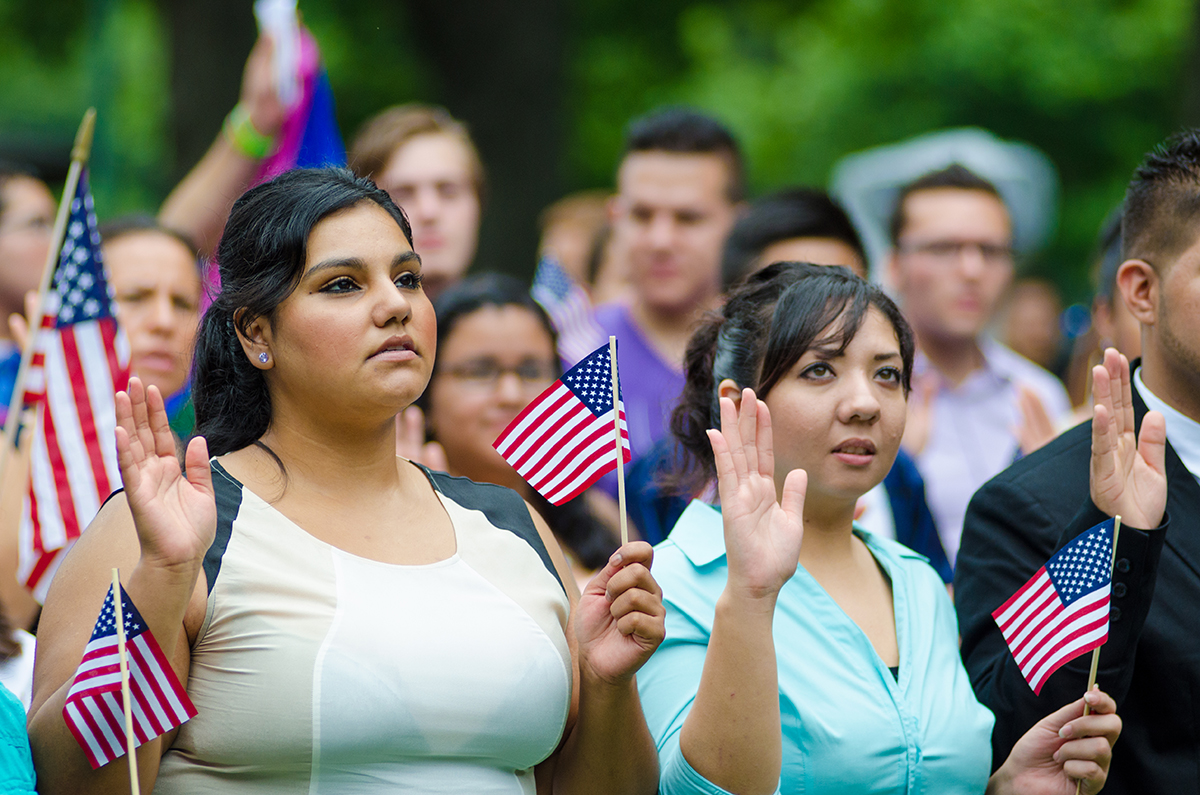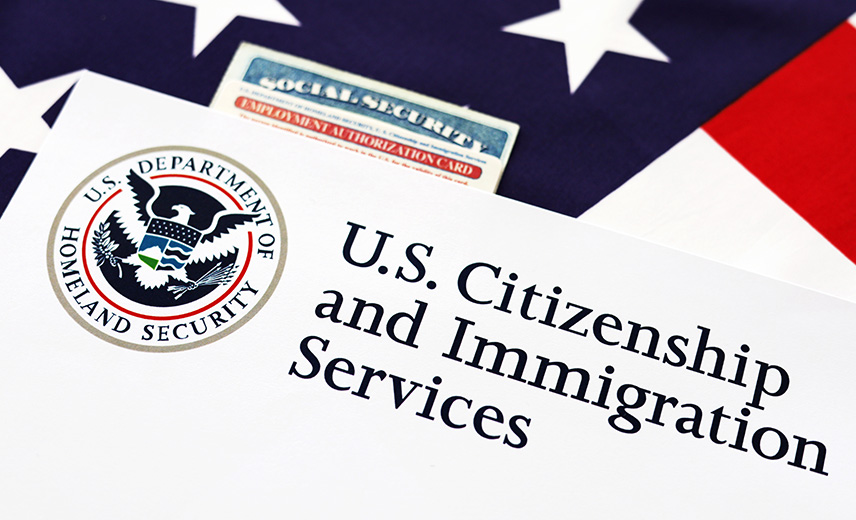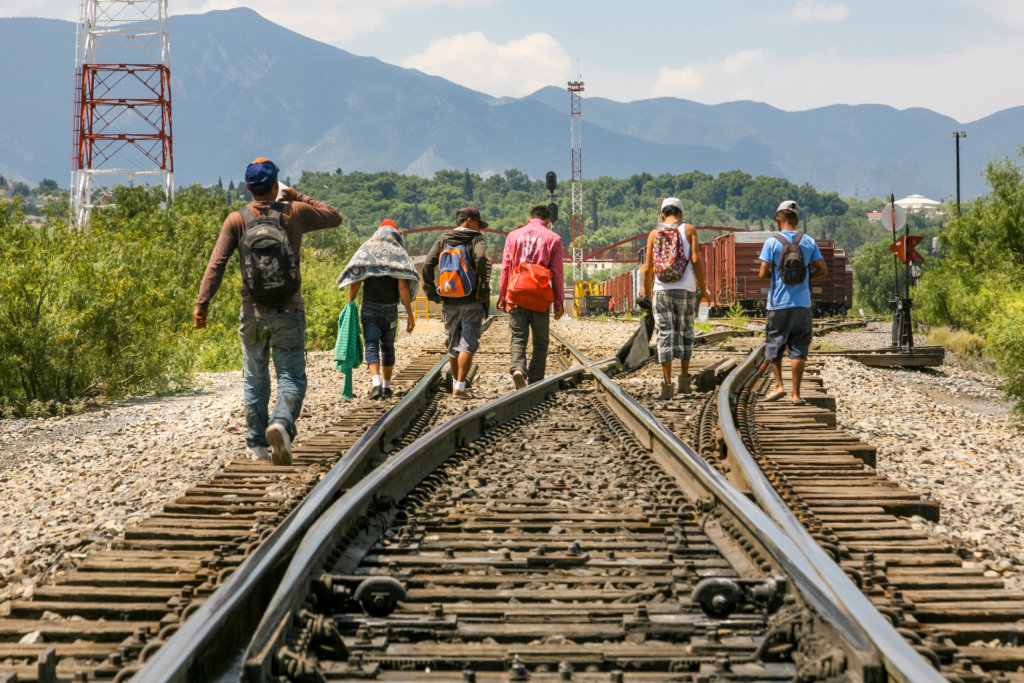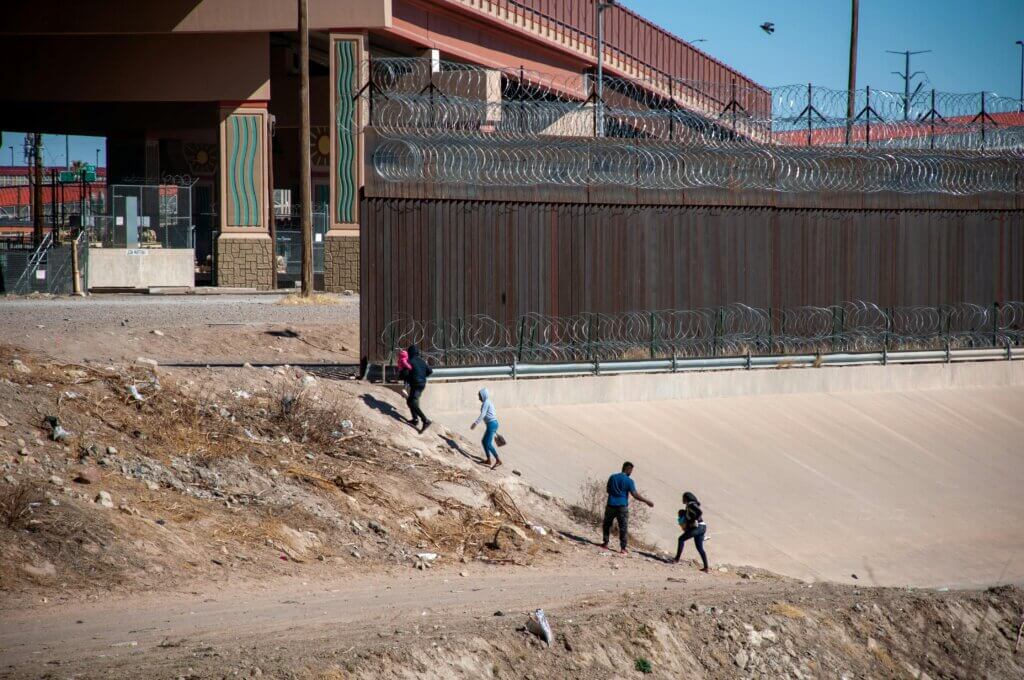Who is a DREAMer?
DREAMers have known no country other than the United States, and should have the same opportunities as their friends and neighbors.
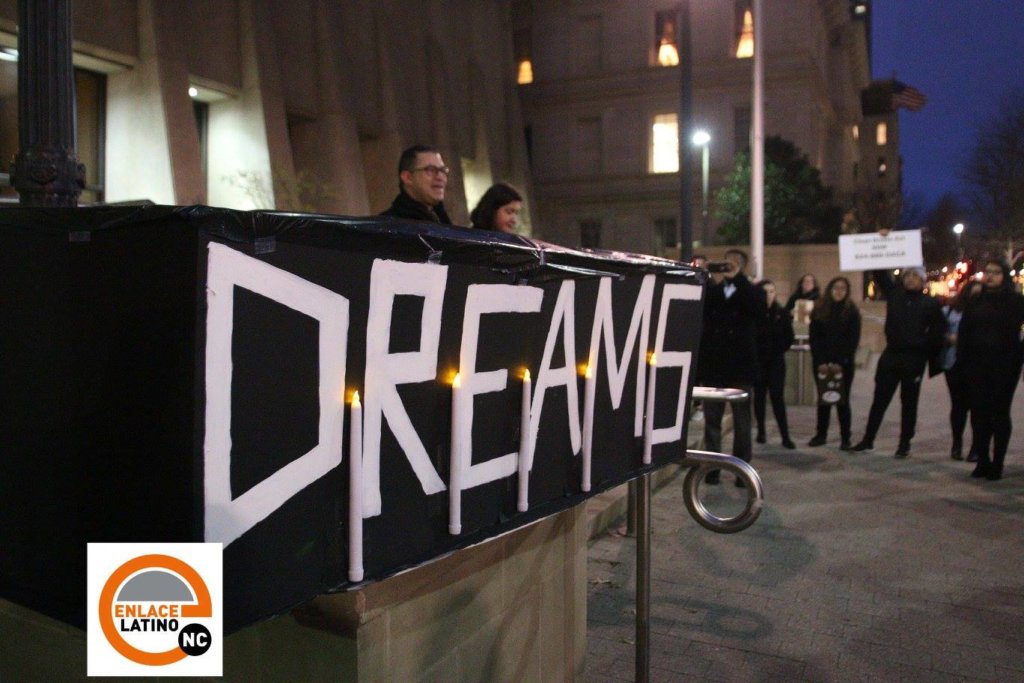
By Stephanie Presch, Content Specialist, UnidosUS
Keep up with the latest from UnidosUS
Sign up for the weekly UnidosUS Action Network newsletter delivered every Thursday.
During President Trump’s State of the Union, he stated that “Americans are dreamers, too.” This is a cynical attempt to co-opt the term “DREAMer” which describes a recipient of the Deferred Action for Childhood Arrivals (DACA) program.
Our network of nearly 300 affiliates are the heart of @UnidosUS. They fight every day to educate and empower communities nationwide. Last night, they joined us in watching the #SOTU closely. Here’s what they had to say: https://t.co/g92EjYzHB6
— Janet Murguía (@JMurguia_Unidos) January 31, 2018
DREAM—not Dream or dream—stands for the Development, Relief, and Education for Alien Minors Act, which has failed to make its way through Congress several times since 2001, most recently in 2013. DREAM would have offered undocumented immigrants who came to the United States as children legal permanent residency.
In 2013, as Congress failed to pass another version of the DREAM Act, President Obama created the DACA program. Under DACA, nearly 800,000 young immigrants who came to the United States as undocumented children received a two-year, renewable deferral of deportation and work permit.
These young immigrants were required to to be strictly vetted. This included undergoing criminal and security screenings and additional checks every 24 months. This is in addition to a number of other strict requirements, including having to be younger than 16 when they arrived in the United States and having proof that they have been living in the country continuously since June 15, 2007.
These are the young people known as “DREAMers.”
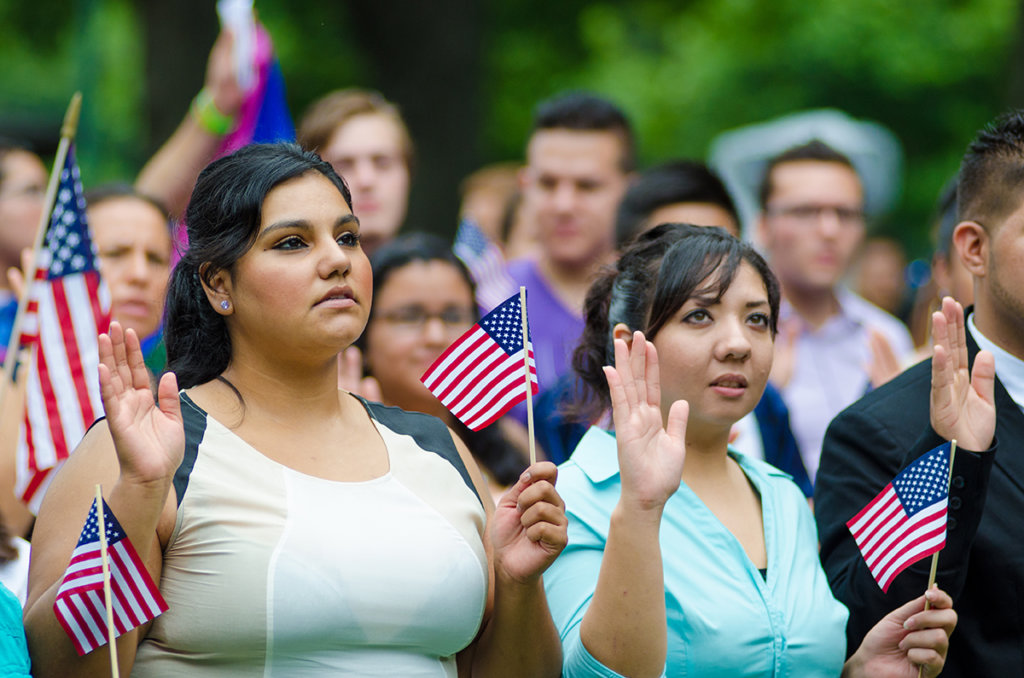
Conflating the term “DREAMer” with “Dreamer” or “dreamer” is far more pernicious than it initially seems. It has the effect of pitting young immigrants against their counterparts that were born in the United States—attempting to create a competition that did not exist in the first place.
On the campaign trail, then-candidate Trump stated, “I want dreamers to come from the United States.” Statements like these are meant to divide us. But the reality is that there is strong support for DREAMers to be allowed to stay and gain a path citizenship as well, with 93% of Democrats, 80% of independents, and 74% of Republicans in favor.
REAL LIVES ARE AT STAKE
Last September, President Trump decided to “wind down” DACA. Every day since then, 122 DREAMers have lost their DACA status.
Congress is on the verge of another government shutdown this week, and relief for DREAMers has never been more urgent. We now only have one month until DACA is officially ended.
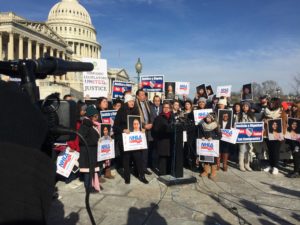
On the eve of January’s government shutdown, UnidosUS and 44 other Latino rights organizations joined with 150 DREAMers from California, Georgia, Illinois, Iowa, Kansas, Kentucky, Massachusetts, New York, Oregon, Texas, and Washington, DC, for a press conference to push Congress to take action on DREAMer relief.
One of the speakers at the press conference was Monica, a young undocumented woman who was slightly too old to qualify for DACA, but could qualify under a new DREAM Act.
“I was born in Ecuador, but I made my life here. I’m the first one in my family to get a college education.”
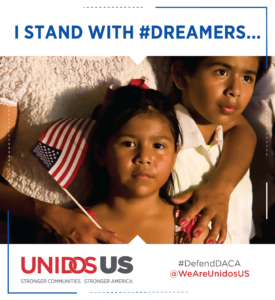 She described feeling happy and enthusiastic when she came to Washington with other undocumented youth to meet with congressional representatives. And she talked about how they found more closed doors than open ones.
She described feeling happy and enthusiastic when she came to Washington with other undocumented youth to meet with congressional representatives. And she talked about how they found more closed doors than open ones.
“Their offices ignored us,” Monica told the audience of the congressional representatives that she had tried to meet with.
However, as she explained to the audience, this has done nothing to dampen her resolve. Instead, she spoke of the need of the entire undocumented population to come together.
“They can ignore 50 people or they can ignore 250 people—they’re not going to ignore all of us,” she said.
The American Dream is strongest when we all have access to it. DREAMers have known no country other than the United States, and should have the same opportunities as their friends and neighbors. And there is no reason why young people born in the United States and young people born abroad can’t both be dreamers.
See more DREAMer stories here.
READ MORE ON THIS TOPIC
UnidosUS Affiliates react to President Trump’s 2018 State of the Union
